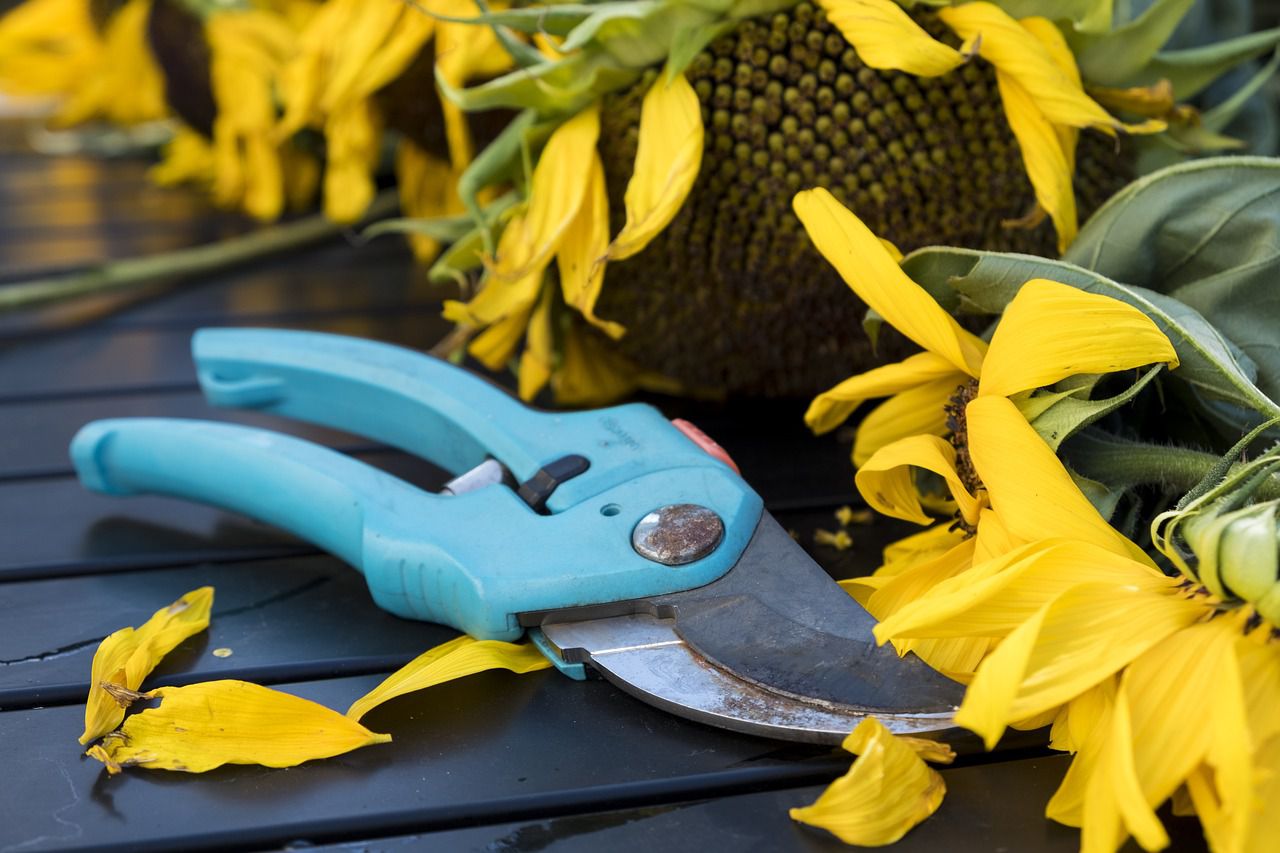Choose perfect pruning scissors: Gardening tools matter
You can't enjoy gardening completely unless you have convenient and high-quality tools for it.
Choosing the perfect pruning scissors, also known as pruning shears or secateurs, is essential for maintaining healthy plants and achieving clean cuts.
Here are the key factors to consider when selecting pruning scissors.
Type of Pruning Scissors
Bypass Pruners have two sharp blades that pass by each other like scissors, so they provide a clean and precise cut for delicate plants.
Anvil Pruners have one sharp blade that closes against a flat surface, so they are suitable for cutting thicker branches, but may crush delicate stems.

Size and Comfort
Choose pruning scissors that fit comfortably in your hand and are appropriate for your hand size.
Look for ergonomic handles with cushioned grips to reduce strain during extended use.
Cutting Capacity
Consider the maximum diameter of branches the pruning scissors can effectively cut.
Choose scissors with a cutting capacity suitable for the types of plants you'll be trimming.
Blade Material
High-quality steel blades are essential for clean cuts. Look for hardened, stainless steel blades that are resistant to rust and corrosion.
Blade Sharpness and Maintenance
Opt for pruning scissors with sharp blades for efficient cutting.
Some models have replaceable blades for extended tool life.
Look for pruning scissors with a blade lock or closure to keep the blades safely closed when not in use.
Spring Mechanism
Many pruning scissors have a spring mechanism that helps open the blades after each cut.
This reduces hand fatigue during prolonged use.
Weight and Portability
Consider the weight of the pruning scissors.
Lighter tools are generally easier to handle, especially for extended pruning sessions.

